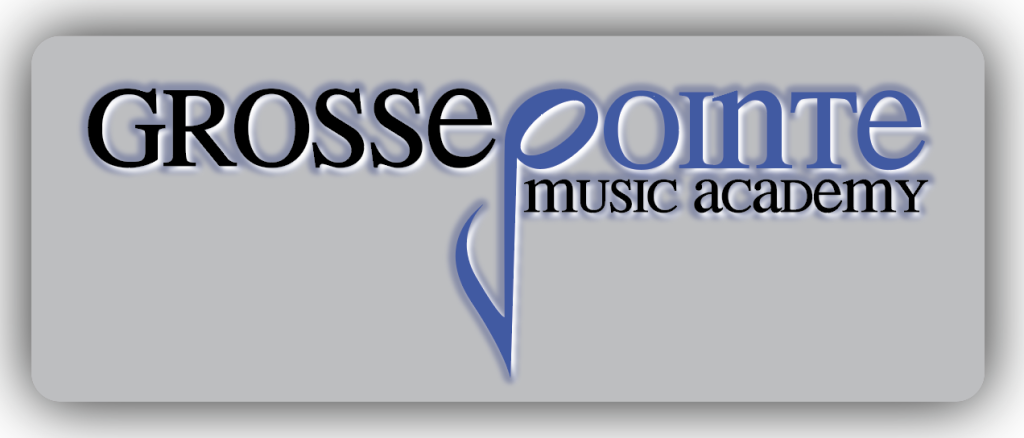Why Take Piano Lessons?
Piano lessons are often seen as a gateway into the broader world of music education — and for good reason. Whether you’re brand new to music or an experienced player of another instrument, learning piano can deepen your understanding of rhythm, harmony, and music theory while developing coordination and creative confidence.
A Foundation for All Musicians
Many people believe that musical talent is something you’re either born with or not — but that simply isn’t true. The ability to play music is a skill that anyone can develop with guidance and practice. The piano, in particular, is an ideal instrument for building a strong musical foundation. Its layout is logical and visual, making it easier to understand concepts like scales, intervals, and chord structure.
Read Both Treble and Bass Clef
Unlike instruments such as guitar or violin, which typically use treble clef, piano music involves reading both treble and bass clef simultaneously. This dual-clef reading helps strengthen sight-reading skills and promotes a more complete understanding of musical structure. It also enhances hand independence — a skill that benefits musicians in all disciplines.
Piano as a Percussion Instrument
The piano is, at its core, a percussion instrument. Each note is produced by a small hammer striking a string inside the instrument. This percussive nature means that pianists develop a strong sense of timing and rhythm — much like drummers. Playing with all ten fingers across 88 keys also encourages coordination and attention to detail in a way that few other instruments require.
Rhythm, Tempo, and Technique
One of the biggest challenges for new musicians is developing solid timing. While practicing with a metronome can be helpful, it can also become tedious. Piano naturally reinforces rhythm because both hands must work together in sync. This not only trains your sense of tempo but also builds muscle memory and internal timing — key elements for playing with others or recording music.
Reaching a Variety of Musical Goals
People take piano lessons for many different reasons. Some want to play their favorite songs. Others want to write and record music, strengthen their theory knowledge, or support their work on another instrument. Even advanced guitarists or drummers often find that adding piano to their practice unlocks new creative possibilities and expands their overall musical understanding.
🎹 Thinking about starting piano lessons?
Whether you’re a complete beginner or a seasoned musician, piano offers an incredible opportunity to grow as an artist.
We offer in-person and online piano lessons for students of all ages at our locations in Grosse Pointe, Canton, Brighton, and Ann Arbor.
📞 Call or text us at 313.458.7723 to schedule your first lesson.
Enroll Online:


Leave a Reply